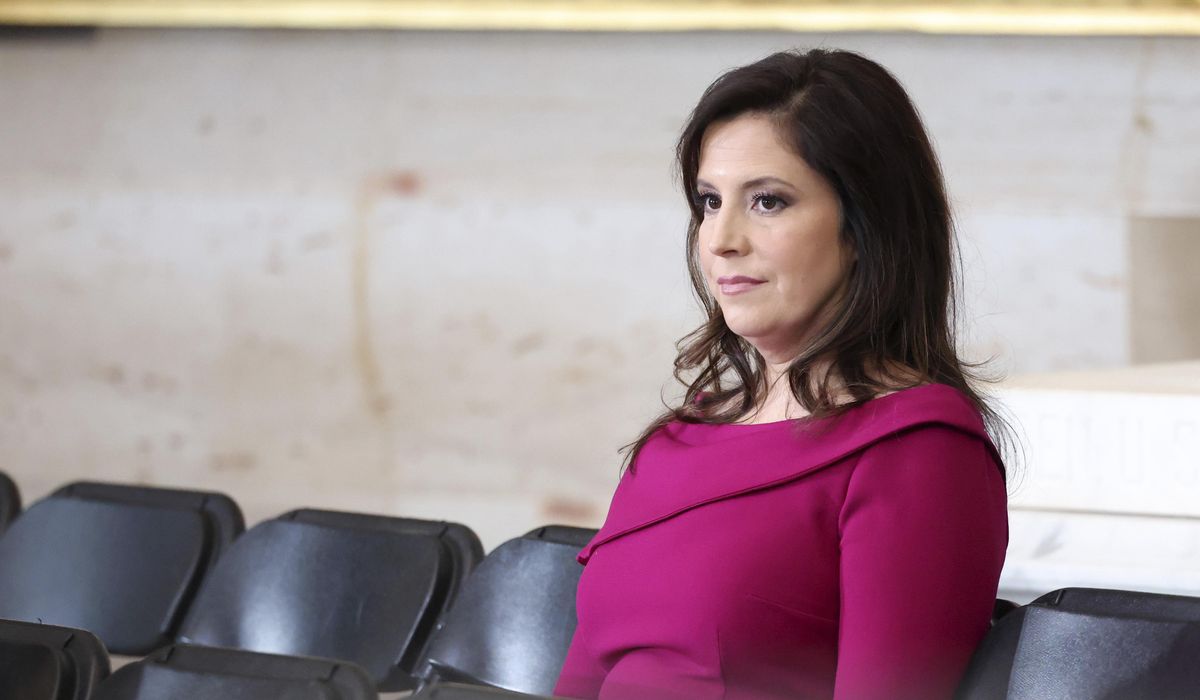


Rep. Elise Stefanik appeared before the Senate Foreign Relations Committee on Tuesday for her confirmation hearing as U.S. ambassador to the United Nations. During the hearing, she emphasized her commitment to implementing President Trump’s “America First” agenda and announced plans to review U.S. funding for U.N. agencies.
Stefanik, currently the fourth-ranking member of the U.S. House, acknowledged the effectiveness of certain U.N. organizations like UNICEF and the World Food Program but stressed the importance of ensuring U.S. investments align with American interests. She particularly emphasized that U.S. tax dollars should not support entities that are antisemitic or involved in fraud, corruption or terrorism.
The hearing highlighted concerns about U.N. reform, particularly regarding the veto power held by Russia and China in the Security Council. Committee Chairman Jim Risch expressed strong criticism of the U.N., suggesting that Stefanik could bring necessary changes to the institution.
Stefanik’s political evolution was noted in the article, describing her transformation from a moderate Republican elected in 2015 to one of Trump’s strongest allies, particularly after the January 6, 2021, attack on the U.S. Capitol. Former National Security Adviser John R. Bolton compared her to Nikki Haley, a former ambassador to the U.N. under the first Trump administration, and suggested that the U.N. position could be a stepping stone for a potential 2028 presidential run.
During the hearing, Stefanik addressed various global issues including the conflicts in Gaza, Ukraine and Sudan, as well as nuclear programs in North Korea and Iran. She expressed openness to reviewing U.N. agencies’ effectiveness while acknowledging the importance of strengthening international alliances, particularly regarding China’s influence at the U.N.
Her recent prominence rose after her questioning of university presidents about campus antisemitism, which led to two resignations. Stefanik emphasized her concern about antisemitism within the U.N., particularly regarding resolutions targeting Israel. Her experience includes serving on the House Armed Services Committee, the intelligence oversight committee and leading a bipartisan delegation to the Indo-Pacific region.
While Secretary of State Marco Rubio received unanimous confirmation, Stefanik’s confirmation appears more partisan. So far, only one Democrat, Sen. John Fetterman of Pennsylvania, has publicly endorsed her nomination, though others, including Sen. Jacky Rosen, have indicated potential support after discussions about her plans to address anti-Israel actions at the U.N.
Read more: Stefanik pledges an ’America First’ agenda at the U.N. and a review of U.S. funding
This article is written with the assistance of generative artificial intelligence based solely on Washington Times original reporting and wire services. For more information, please read our AI policy or contact Ann Wog, Managing Editor for Digital, at awog@washingtontimes.com
The Washington Times AI Ethics Newsroom Committee can be reached at aispotlight@washingtontimes.com.
